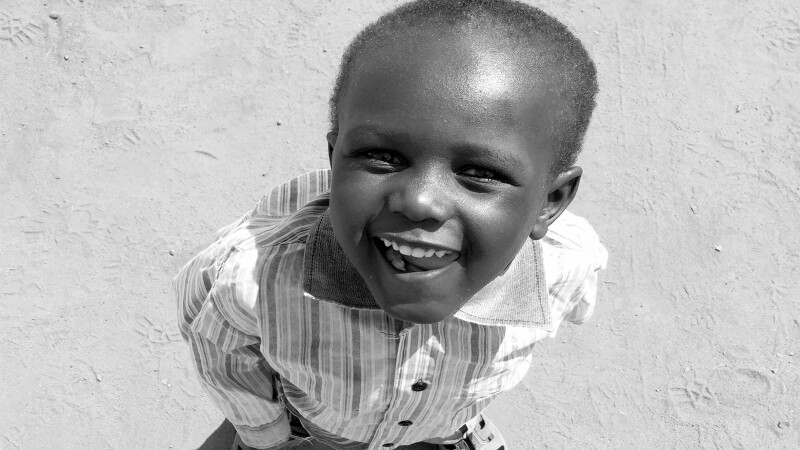At Johnson & Johnson, we believe in the power of society coming together to advance the health and well-being of people around the world. It’s a belief that’s woven into the fabric of what we do as a company, particularly when it comes to partnering with organizations that have the potential to positively impact the lives of people worldwide.
This is why we recently joined forces with Global Citizen, a social action platform aimed at connecting people with events, campaigns and organizations focused on helping combat poverty across the globe.
By combining our expertise in healthcare with Global Citizen’s approach to community engagement, we hope to create large-scale change that can address some of the world’s most pressing health challenges, such as eradicating polio and tuberculosis and helping reduce mother-to-child HIV transmissions.
It takes a village to drive change
For the past two weeks, our joint campaign has motivated people to be change agents by taking such simple social media actions as signing online petitions and tweeting socially-minded content that had the potential to go viral.
In addition to helping spread the word about ways we can all be better global citizens, people who took these small actions were eligible to receive tickets to the fifth Global Citizen Festival on Sept. 24 in New York City’s Central Park. The headliners? Rihanna, Kendrick Lamar, Demi Lovato and Metallica, just to name a few performers.
Another highlight that I’m looking forward to is a documentary-style film that will be screened at the festival that chronicles the lives of children living in Nyumbani Village, the first sustainable HIV/AIDS community in Kenya. (Tune in to MSNBC on Sept. 24 at 5 p.m. eastern time to watch the moment live.)
The village was founded in 2006 to provide homes and a support system for two generations greatly affected by the HIV/AIDS pandemic: orphaned children and elders whose adult children have died from the disease. Since 2007, Johnson & Johnson has helped to provide Nyumbani with clean water, education and greater access to anti-viral medications.
Our partnership demonstrates what a great impact we can have when people come together to improve the health of every man, woman and child around the world.
Michael Sneed is Worldwide Vice President, Global Corporate Affairs, and Chief Communication Officer for Johnson & Johnson. He leads the company’s global marketing, communication and philanthropy functions.
